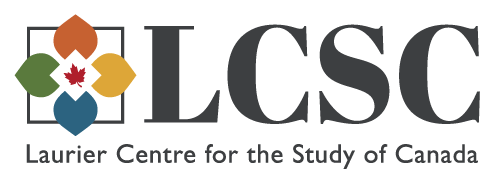Home > CMH > Vol. 9 (2000) > Iss. 3
Abstract
In September 1998, the Canadian War Museum initiated a visiting speaker series to make available to the general public the latest research, debate and opinion on Canadian and international military history. Like the Museum’s highly popular film series, the talks were usually held on week nights and carried no admission fee. They have proven highly successful, both with Museum visitors and invited speakers. The latter have included eminent Canadian historians like Terry Copp, David Bercuson and Bill McAndrew, and international scholars like John Keegan, Paul Gough, and Christopher Pugsley. In the autumn of 2000, the Museum will welcome world-renowned First World War scholar Jay Winter and Pulitzer Prize winner James McPherson.
The Museum staged one of these events to coincide with the 50th anniversary of the outbreak of the Korean War. In addition to hosting several hundred Korean War veterans during the anniversary weekend of June 24–25, updating its Korean War permanent gallery, and mounting a travelling exhibit of contemporary war photographs, the Museum invited Dalhousie University professor Denis Stairs to comment on Canada’s diplomatic role in the crisis from the perspective of 50 years. This, in effect, amounted to a reconsideration of the arguments first presented in Professor Stairs’ seminal work, The Diplomacy of Constraint, which, twenty five years after its publication, remains the standard work in the field. Speaking on Sunday, 25 June 2000, fifty years to the day after North Korean forces first crossed the 38th parallel to invade the American-supported Republic of Korea in the south, the text of his address follows. Like the monograph on which it comments, the article constitutes a critical component of Canada’s Korean War literature, a tour de force by one of Canada’s most gifted scholars.
Recommended Citation
Stairs, Denis "Canada and the Korean War: Fifty Years On." Canadian Military History 9, 3 (2000)

